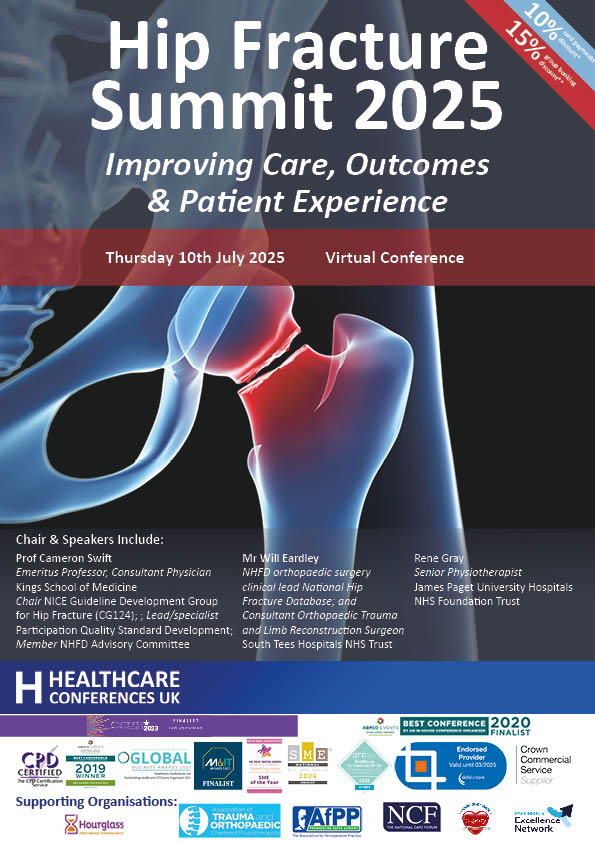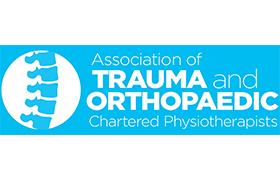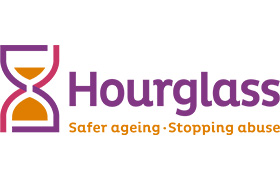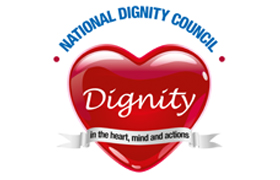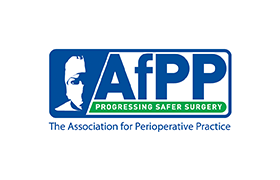Follow the conference on X #HipFracture2025
“Every year, over 70,000 people in England, Wales and Northern Ireland will fall and sustain a hip fracture…This leads to the occupation of one in thirty hospital beds and a cost of £2 billion to care for this injury… Most people now survive, so it is not enough to measure quality of care by examining mortality figures alone.”
National Hip Fracture Database Annual Report September 2024
The National Hip Fracture Database Report aims to provide readers with a simple guide to all these data and resources by describing the care that hip fracture patients should receive on their journey to recovery:
as they first present with a new hip fracture
as surgery allows them to get out of bed again
through rehabilitation until they are back in their home
“Non-surgical areas remain the most impactful domains of care where improvements can still be made. This report lays out clearly where care is still failing across countries and within individual units. Time the patient spends 'in the wrong place' is a particular and growing focus of attention that is highlighted this year. This is only one of many significant opportunities for reflection and improvement of care as we move into 2025 and we look forward to continuing the positive impact into the coming year.”
Will Eardley, NHFD orthopaedic surgery clinical lead & Speaker at this conference
This important and timely conference will focus on improving care for hip fracture patients – learning from the September 2024 NHFD findings, and improving progress against the Key Performance Indicators and NICE quality standard for hip fracture. Through national updates and practical cases studies the conference will highlight best practice in hip fracture care, improving the care pathway, patient experience and outcomes. This conference will focus on improving assessment, minimised delays to theatre, improving the pathway from falls to theatre changing the role of the emergency department, ensuring hip fracture patients are prioritised for surgery, improve patient experience of hip fracture care, overcome contra indications, improving the anaesthetic and surgical pathway, and ensuring prompt mobilisation aft er surgery. There is a focus on improving practice against the Key Performance Indicators and using a Quality Improvement (QI) approach at each stage in the hip fracture pathway.
“NHS England and Welsh Government should use NHFD data to monitor hospitals’ delivery of three key stages of care:
• To ensure that hospitals are ready for the people they know will present each day, so patients receive each step of their care at the right place at the right time.
• To ensure that all hospitals provide both prompt surgery and optimal peri-operative care so patients can start getting back on their feet as soon as possible.
• To ensure rehabilitation and recovery is planned and started early, and continues beyond the hospital with measures to prevent another fracture.
National Hip Fracture Database Annual Report September 2024
This conference will enable you to:
Network with fellow delegates working to improve services for Hip Fracture
Learn from the highest performing trusts in the UK as recognised by the National Hip Fracture Database
Understand and reflect on how you can improve practice, outcomes and reduce mortality locally as a result of NHFD findings released in September 2024
Update your knowledge on national developments
Improve the patient experience of hip fracture care
Reduce variation and improve practice against the Key Performance Indicators
Reflect on how can we get this patient to surgery? Understanding and reducing medical complications, avoidable inefficiencies and unacceptable reasons for delaying theatre (including delays out of hours and at weekends)
Identify key strategies for improving the anaesthetic and surgical care pathway for hip fracture
Using Quality Improvement to improve Hip Fracture care
Understand on how you can improve care for Hip Fracture patients beyond the hospital setting
Develop practical strategies for assessing, reducing, recognising and treating delirium and confusion
Improve physiotherapy rehabilitation aft er hip fracture: ensuring prompt mobilisation after surgery
Reduce mortality in the fractured neck of femur pathway
Self assess and reflect on your own practice
Supports CPD professional development and acts as revalidation evidence. This course provides 5 Hrs training for CPD subject to peer group approval for revalidation purposes
100% of delegates from our last Hip Fracture Summit would recommend this conference to a colleague.


